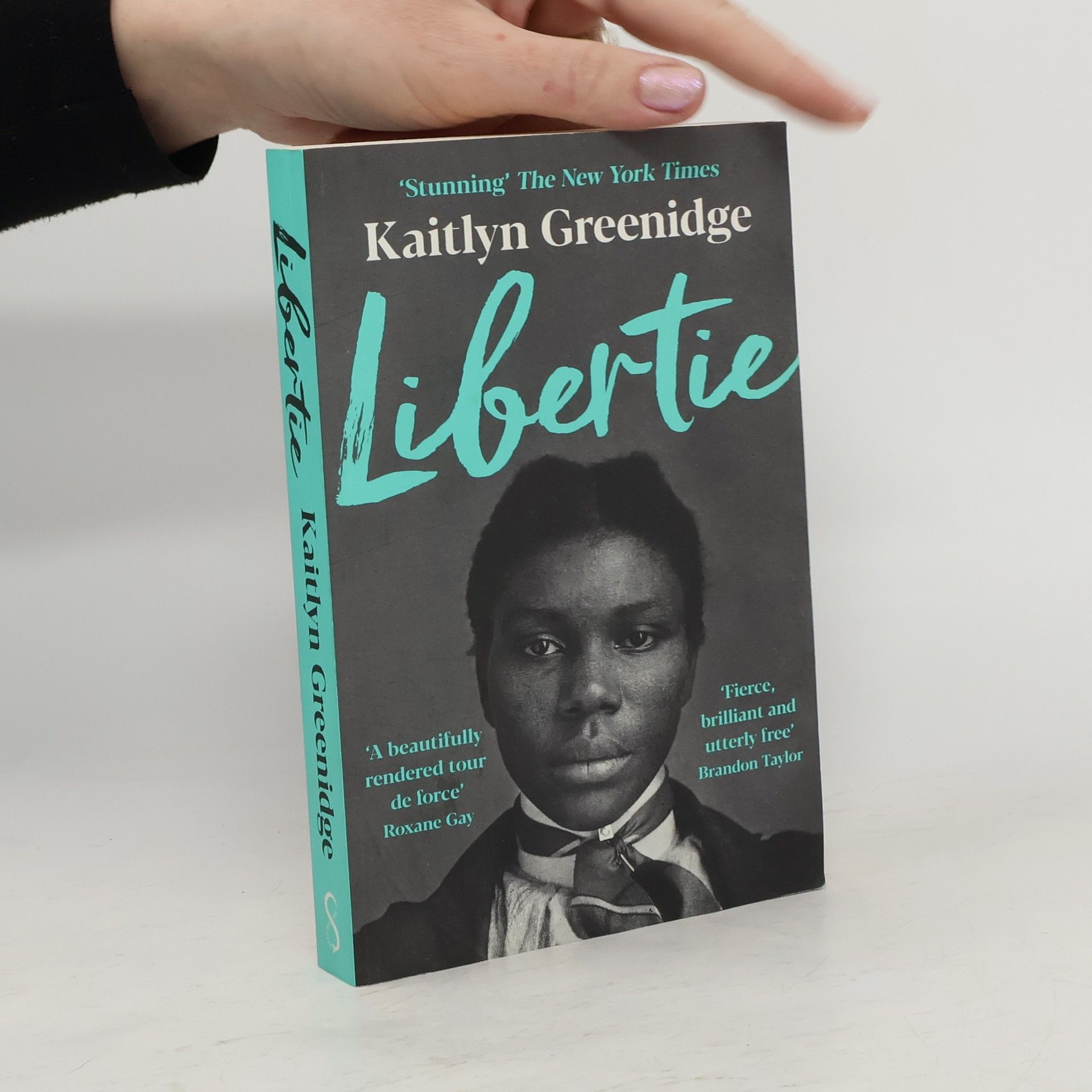Libertie
- 336 pages
- 12 hours of reading
From the critically acclaimed and Whiting Award-winning author of We Love You, Charlie Freeman comes a book about what freedom actually means - and where to find it.
Kaitlyn Greenidge crafts narratives that delve into the complexities of family ties and cultural identities, often through multifaceted characters navigating their pasts. Her writing is characterized by lyrical prose and deep psychological insight, drawing readers into the intimate worlds of her characters. Greenidge explores themes of inheritance, belonging, and the search for one's place in the world. Her mastery of storytelling offers an immersive and thought-provoking reading experience.

From the critically acclaimed and Whiting Award-winning author of We Love You, Charlie Freeman comes a book about what freedom actually means - and where to find it.